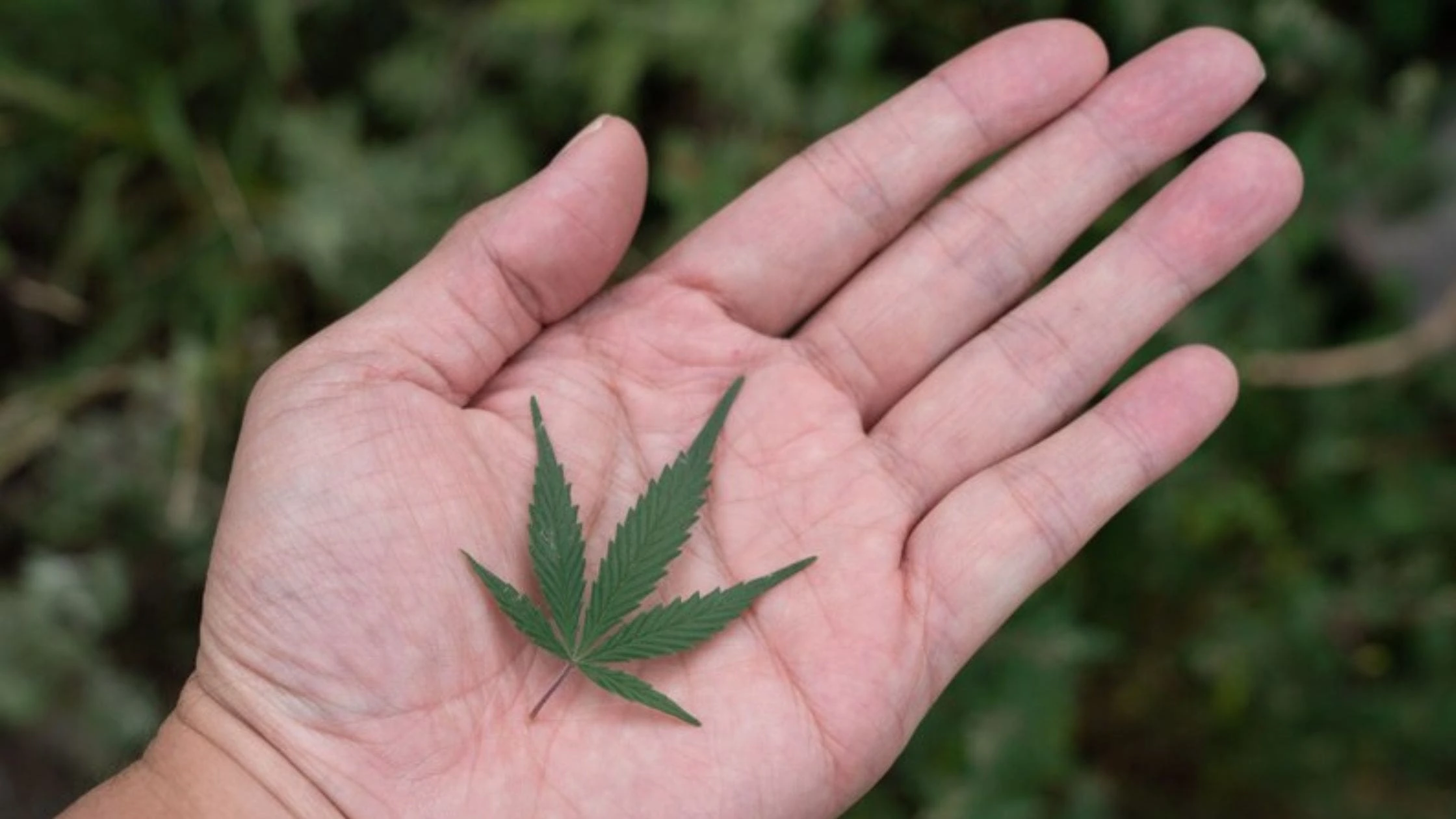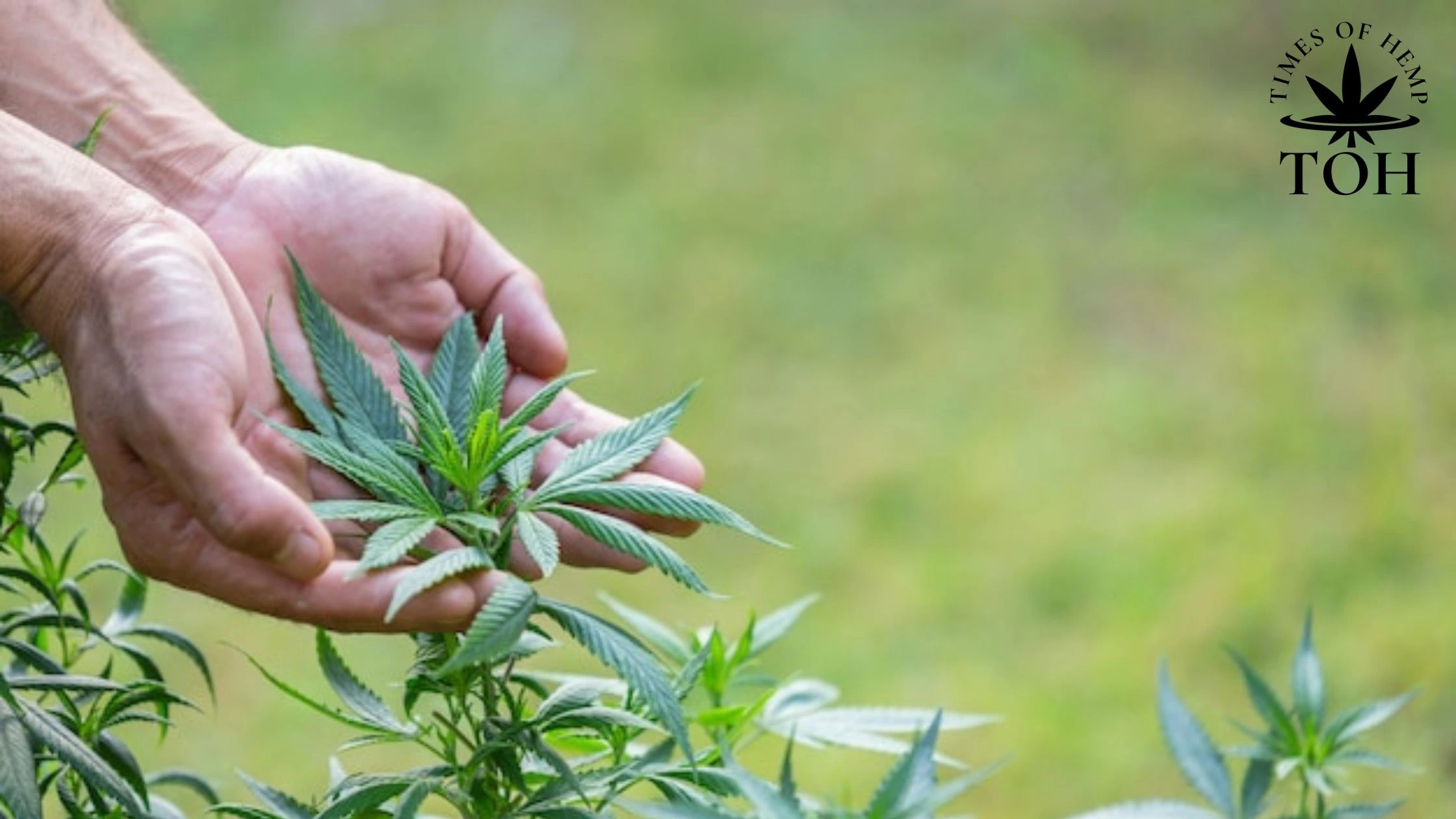Cannabis Startups chase opportunities despite low awareness and legal challenges
After eight long years of advocating for hemp in India, Elston Menezes, 31, one of the founders of B.E Hemp, decided to close the shop last year before the pandemic due to minuscule returns and very limited market reach.
The Cannabis startup started by educating the public about cannabis and hemp before gradually selling accessories and dreamcatchers made from hemp, aiming to develop their brand of basic hemp t-shirts with the returns. The founders had bigger plans, but slow market growth and tiny returns made it difficult for them to sustain.
“But life is funny that way. The moment we decided to close for good and get back into our respective fields, the pandemic hit, and there were no jobs available, especially for people of our experience. What we thought was just fate being cruel to us was life’s way of saying our mission was not done yet, and within the first week of lockdown, we received calls from our friends and customers asking for our hemp rolling paper,” recalls Menezes.
What started with 2-3 people calling daily to get rolling papers for their friends snowballed into the 100s of people ordering daily, to the point where the startup ran out of their rolling paper and had to buy stock from other brands.
“We were the only people delivering rolling paper pan-India during the lockdown, and news spreads quickly in a country of 1.38 billion people stuck inside their homes. Our popularity grew over three months, leading us to build our website, and we decided to contact the other hemp companies in India to help them gain traction during the pandemic as well,” he adds. The startup now has nearly 20 hemp vendors on their platform.
According to a report published by Grand View Research in February 2020, the global industrial hemp market is expected to grow at a compounded annual rate of 15.8 per cent from 2020 to 2027 to reach $15.26 billion in 2027. India only contributes less than 0.1 per cent to the global hemp market. Yet, the Asia Pacific dominated the industrial hemp market with a 32.6 per cent share in 2019. China has a significant tradition of hemp production and exports. The key factors driving the industrial hemp market growth include the growing demand for hemp oil and fibres in the automotive, construction, food and beverage, personal care, and textile industries.
Hemp and marijuana both come from the Cannabis sativa plant family. The main factor that differentiates them is the amount of THC (tetrahydrocannabinol) content. THC is the psychoactive component that gets one high, while cannabidiol (CBD) largely neutralises the intoxicating effects of the THC, apart from having other health benefits. Hemp strains have minimal THC and a lot of CBD (if grown to flower), and they do not lead to intoxication when consumed.
Marijuana and hemp can also be differentiated based on their usage. Hemp is mostly used for industrial purposes (textiles, clothing, shoes, food, paper, biofuel), while cannabis or weed is useful for medicinal (treating cancer, arthritis, chronic pain, epilepsy) and recreational purposes.
Amit Vaidya, 43, who is a cancer survivor, has been using hemp products for over ten years. During his cancer treatment, one of the side effects was increased body heat. He started wearing hemp t-shirts and trousers at a friend’s suggestion. “I couldn’t believe the difference the hemp fabric made in breathability. That’s when I started researching about hemp and its many other uses. I’ve now been using food products such as hemp seed oil, hemp hearts and hemp tea,” he says.
Many Indian cannabis startups have emerged in recent years, focusing on medicines, textiles, foods, cosmetics, and accessories. According to media reports, over 30 hemp startups are currently in the country.
One of the oldest in the market, Bombay Hemp Company (Boheco), is backed by investors like Ratan Tata and Sequoia Capital MD Rajan Anandan. Boheco, an agro-based startup trying to make hemp mainstream in agriculture and sustainable living, has played a big role in the ongoing evolution of the hemp industry in the country.
It is also a major supplier of raw materials to other hemp startups, working with close to 100 farmers in Uttarakhand and Uttar Pradesh. Most of the company’s revenue is generated from its health and wellness products, while the rest comes from hemp-blended apparel and accessories. Although the company is over eight years old, it still faces many challenges, ranging from marketing its products on eCommerce platforms and creating awareness to changing consumer perception.
“Third-party e-commerce platforms like 1mg, Amazon, etc, have a very restricted outlook on this plant, though all the licenses are available for one to conduct trade in this business. We use tools and products through these platforms, but at least in the last three months, they have just put a blanket ban, saying they don’t want to work with hemp and cannabis because it is illegal. We face this challenge even after carrying all kinds of letters from the concerned regulators,” explains Yash Kotak, one of the seven co-founders of
Many regions like Manipur, Madhya Pradesh, and Jammu & Kashmir are looking to develop a hemp industry at a local level. Still, that same kind of push needs to come at the central government level, according to Kotak, who adds that this global trillion-dollar industry could create many jobs and help with local development. “The central government needs to set up a small committee within the group that looks at developing this industry. We’ve been at it for over eight years now. We’re doing everything by the book, but these things happen, and suddenly, you take four steps forward and six steps behind.”
Disclaimer: This article is originally published on https://www.forbesindia.com/





